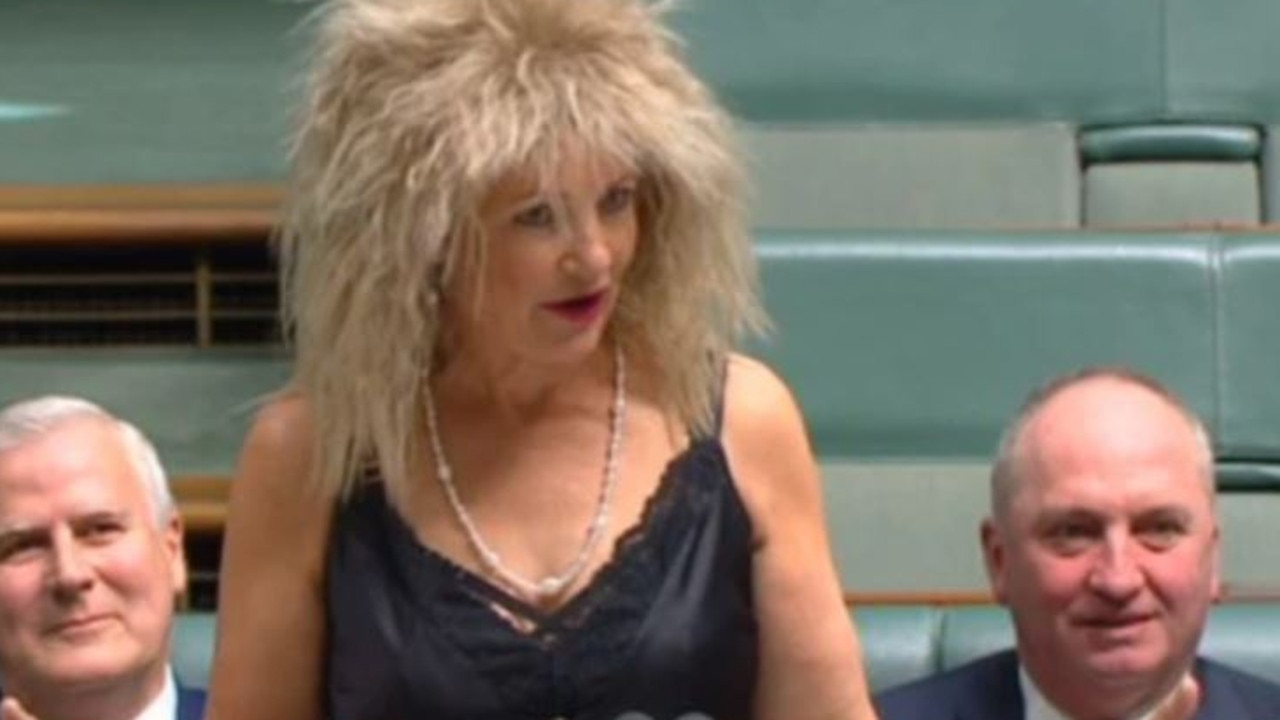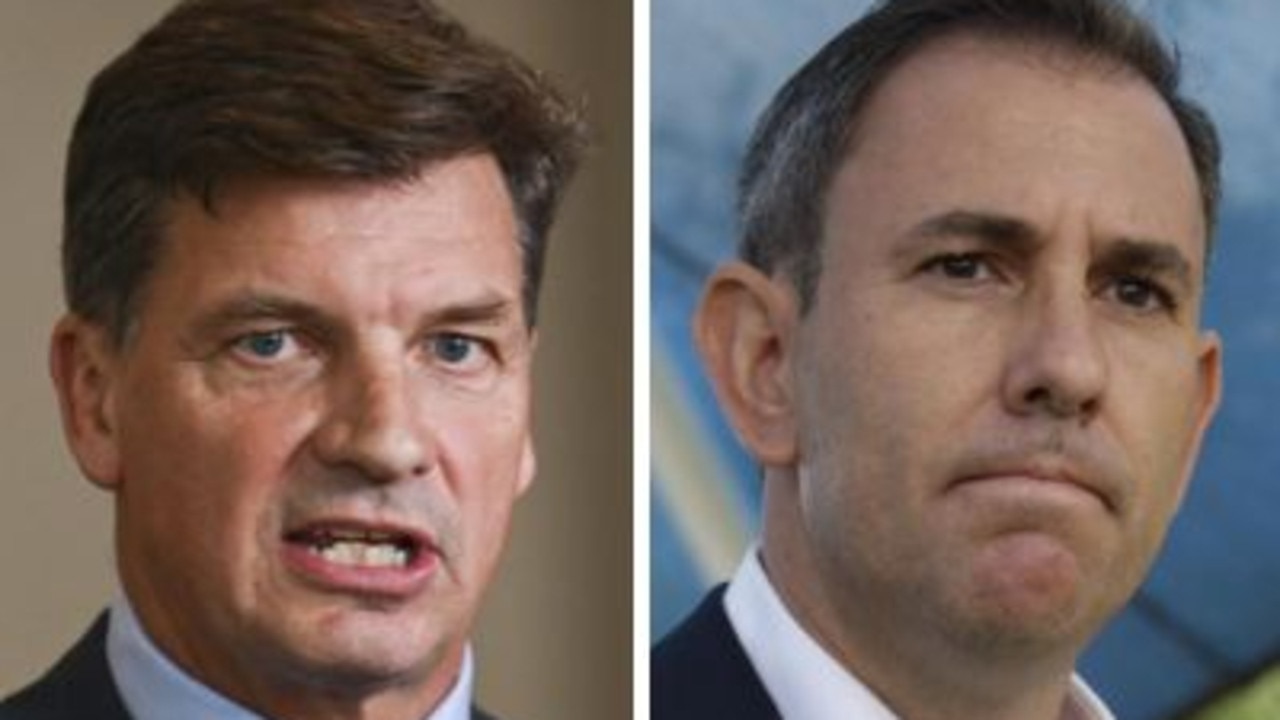Treasurer Josh Frydenberg faces a ticking tax time bomb
Treasurer Josh Frydenberg faces a tax time bomb in next week’s budget - and it all comes down to the biggest winners from tax cuts.
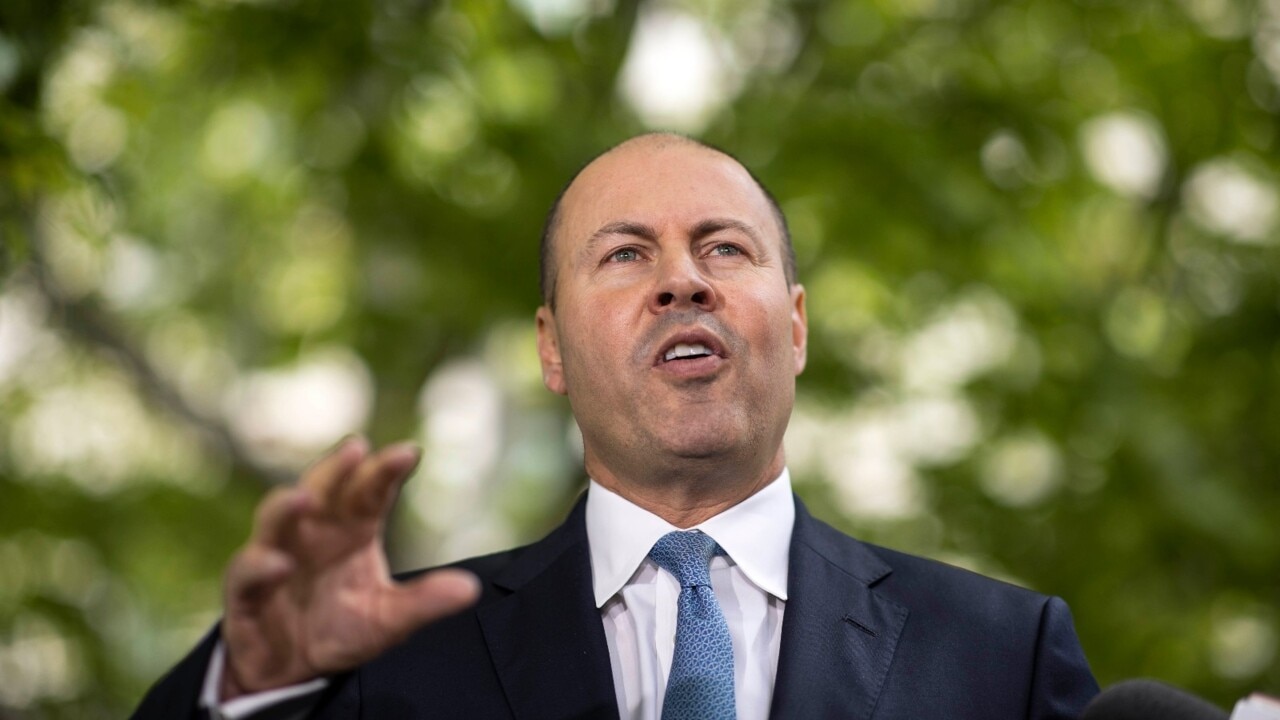
Treasurer Josh Frydenberg faces a ticking tax time bomb in next week’s budget because one-off tax relief worth $1080 to be offered to low and middle income earners is temporary and tax cuts for the rich are permanent.
The Morrison Government is expected to extend the low and middle income tax offset that applies to workers earning less than $126,000 at a cost of $7 billion in Tuesday’s budget.
The offset is refunded when workers lodge their tax returns which means that the money will flow for millions of workers from July. It is currently due to expire after July 1, 2021.
But despite the big-spending tax cut pledge to extend that offset to 2022 that will be sold as “new” tax cuts, the temporary extension sets up a tax trap because as soon as it’s withdrawn those workers face a tax increase of up to $1080.
RELATED: Huge $6-a-day childcare change in budget
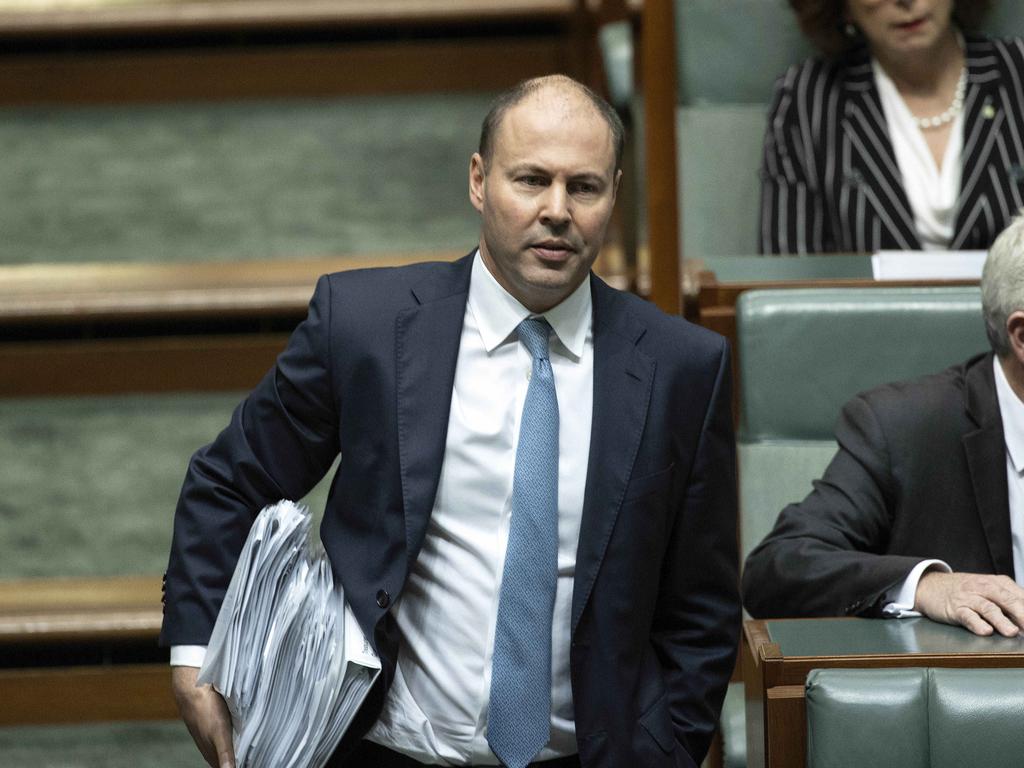
Labor’s treasury spokesman Jim Chalmers told news.com.au that the Treasurer was “making it up as he went along” and it would have real consequences down the track.
“Whether it’s the vaccine debacle, the fumbling of hiring credits, or keeping people guessing on tax cuts, this Government is a shambles,’’ he said.
“People on modest incomes have to hang out for budget announcements each year while people earning the most get their tax cuts locked in forever.
“Under Morrison and Frydenberg, the low and middle income tax cuts are temporary but the tax cuts for people on the highest incomes are permanent,’’ he said.
“If they hadn’t sprayed so much money around on rorts and waste they’d have more room to support working families doing it tough.”
RELATED: Huge catch in PM’s new childcare plan
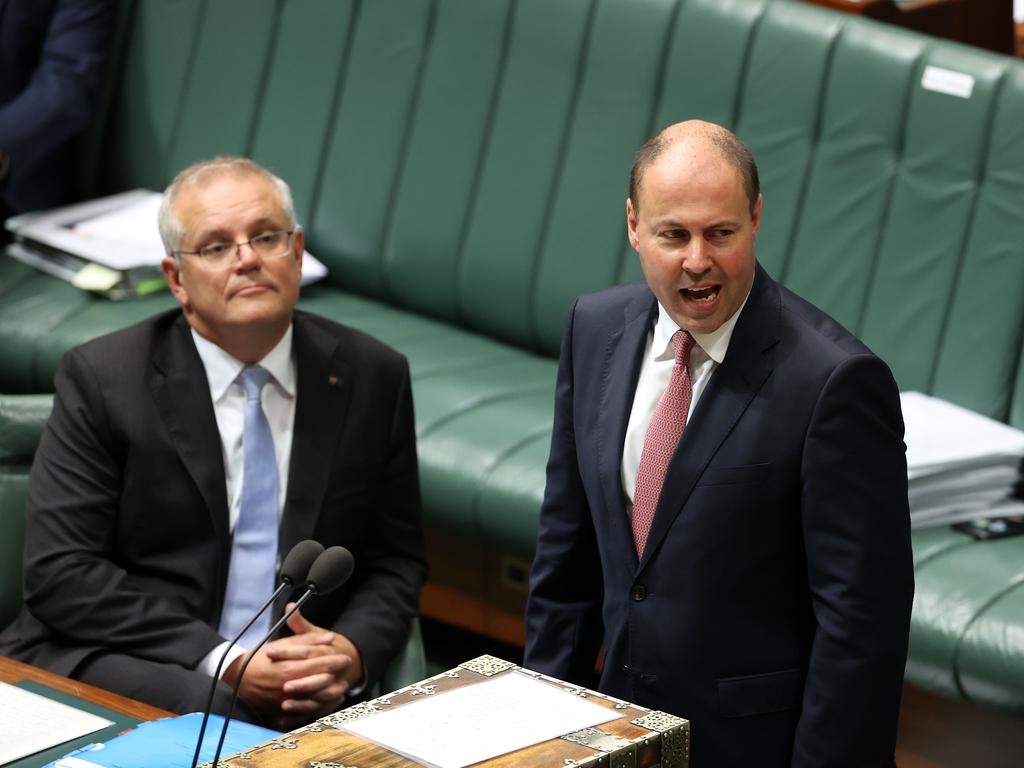
Grattan Institute CEO Danielle Wood said it was a good idea to extend the tax cuts last year but it set up a political problem.
“It wasn’t a bad thing to do but that’s what’s created the problem. And so next time, when you take it away, it’s an effective tax rise for that group,’’ she said.
“It’s not in your salary. It just means you wouldn’t get the offset at the end of the year.
“So at some point, if you want to take it away, you do have an effective tax rise for that group of people.”
Women will be hardest hit because statistically they earn less than men and are more likely to be in the tax bracket impacted.
The LMITO, which is sometimes referred to as the “Lamington” tax cut, was first introduced in 2018-19 under a three-stage tax cut plan and was supposed to be axed when the stage two tax cuts were introduced but was extended due to the recession caused by the pandemic.
If it is withdrawn around 10 million workers will lose the low and middle income tax offset – worth up to $1080 for everyone earning between $48,000 and $90,000 – on June 30.
The offset is paid as a refund when workers lodge their tax returns, meaning the existing relief will flow from July this year.
An extension of the ‘Lamington’ will continue to deliver a tax cut of up to $255 for those on less than $37,000, which increases to $1080 for about 3.4 million Australians earning $48,000- $90,000. The offset then phases out for workers earning up to $126,000.
RELATED: Treasurer promises to delay painful cuts
Research from the Bankwest Curtin Economics Centre, has previously outlined how axing the temporary offset would raise the effective marginal tax rate for a worker on $40,000 from 18.5 per cent to 26 per cent.
The Morrison Government is also understood to have resisted calls to bring forward stage three, which would create one flat 30 per cent rate on all income earned between $45,000 and $200,000 and a 45 per cent rate above that threshold.
The stage three cuts are currently due to come into force from July 1, 2024.
Treasurer Josh Frydenberg has previously argued bringing forward tax cuts would be a good idea.
“We are looking at that issue and the timing of those tax cuts because we do want to boost aggregate demand, boost consumption, put more money in people’s pockets, and that’s one way to do it,’’ he said last year.



